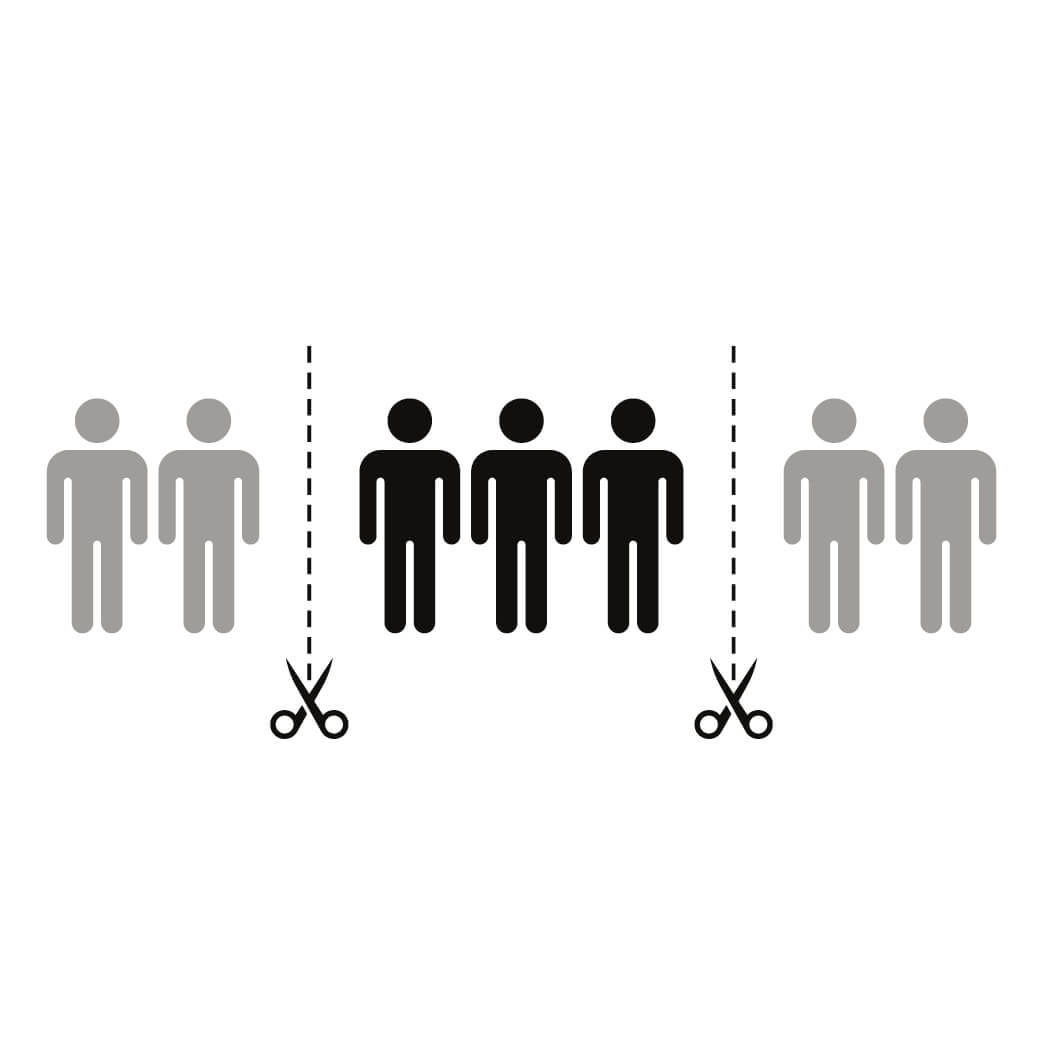
I’m currently reading a biography of Chaucer and one interesting aspect that I have gleaned from it is how much of life in the 1300’s feels similar. People being sued over child support; the complexities of international trade. But also differences: That part of England was in modern-day France; that French was the official language of England from the 10th to the 15th centuries and that nations, nationalities and patriotism were generally much more fluid concepts than they are now.
But things change. Via wars; via technology and discovery; via cultural shifts. Nothing ever stays the same. It never has. Which perhaps suggests that we should spend less energy holding on to things for holding-on’s sake and instead challenge ourselves to move toward what would be optimal.
Many cities across the U.S. are struggling with housing. Both in price and availability. (Of course, to a large extent, one drives the other). Yet, even though most people recognize the need for more housing, many do not want more growth and/or sprawl.
It’s worth taking a moment to mull this point: The average US city devotes 40-60% of its real estate to streets and roads. Most of those same cities that are mired in housing shortages give cars, which are generally 80% empty even when being used, half of their city’s precious real estate. We bemoan there not being enough room to put our people, but we have found plenty of room for our vehicles.
The impact that vehicles have on the way we live our lives now and the impact we could make on how we live in the future by making some adjustments to our relationship with vehicles, should not be underestimated.
Initially, cars were about freedom. Many Americans, in the early part of the last century, got their first glimpses beyond the near-distance via an automobile. To some extent, the creation of the national park system came about to satiate the demand of newly roaming Americans to have wilderness places to visit. But, over time, cities, suburbs and housing were built to accommodate and encourage vehicle ownership and, eventually, it became something beyond normalized, it became AMERICAN. To challenge cars is to challenge the American way. Automobiles and the automobile industry at large, have an outsized influence on the steering of life in the U.S. Cars may have gone from giving us freedom to dictating how we live.
After 120 years of that trajectory, is it time to aspire to new possibilities?
Some interesting history: up until the late 1930’s, many U.S. cities had vibrant and well-accepted tram/light-rail systems. Most of which were eventually powered by electricity. Starting in the late 1930’s and through the 1940’s a small bus operator, National City Lines, raised huge funding from General Motors, Firestone Tires, Standard Oil, and Mack Trucks to buy up electric urban transportation systems and close them down to be replaced by gas and diesel powered buses. (If this rings a bell in anyone’s mind, the movie Who Framed Roger Rabbit was based on these events.)
I once wrote about the reason that we all like and aspire to big green lawns, even though few of us really use them, is that the King of France planted huge expanses of “useless” grass lawns to demonstrate how rich and powerful he was in a time when landowners used open space to plant crops. "Unused land” became a mark of nobility and we still are programmed to aspire to it hundreds of years later.
Similarly, we are still living under the influence of baseball, hot dogs, apple pie and Chevrolet; our relationship to cars is way beyond “transportation appliance” and, for many of us, is an integral part of the identity we wish to project into the world – or think we need to…
All of which to say, the only reason that our relationship to vehicles is such that it is, is because we keep agreeing to it. We don’t take a collective moment to ask if it still is the best path for us as a society. One of the possibilities, as we head toward a post-COVID world is that we can ask some hard questions about the human-vehicle relationship.
Here are a few:
What if you could use a vehicle any time you needed one but paid a quarter as much as owning one?
What if you could easily access whatever kind of vehicle you needed whenever appropriate: convertible, sedan, SUV, truck, van?
What if you could pay ½ of a car payment but get unlimited access to transportation including Uber and Lyft (or something similar)?
What if your city could increase greenspace and housing by 20% without more height or more sprawl?
What if you could do all your shopping online and have it delivered to you within hours without putting mom & pop stores out of business?
The worship of the automobile and the designing of our lives and work around it has, in many ways, fed into to a breakdown in community. It has allowed us to move from our living box to our working box and back again without real human interaction. Now that COVID-19 has invited us into conversations about how we live and where we work, I hope we can take a once-in-a-generation opportunity to radically expand the conversation toward reinventing the United States. My hope is that the invigoration and hope that would come with such conversations and action would make the words “United States” once again more than just the name of our country and allow us to be first out of the starting gate on the next generation of human existence.
I would love to hear from any of you with big bold ideas for a new United States way of life. And not just about our relationship to automobiles; for instance:
Imagine if we used our current experience to reinvent schools. If we had a mixture of learning online with “playing” on-site. So, a white boy from Dothan, Alabama could be “in-class” and collaborating with a Black girl in Sacramento, California on a physics project but then head out the door between periods to hang-out with his friends. How might that play out over time with knowledge and acceptance of each other’s lives?
The beauty about going through such a time of fracture is that the opportunity cost for deploying bold ideas seems low.
What ideas do you have? How could you envision living? I’d love to hear. Join the conversation on LinkedIn, or send an email to simon@ideaengineering.com.

When humans face true cataclysm, we pull together. When it’s about money and power, not so much.

When people see public health messages directed at them, they are very aware that others can see them also and it can trigger concern of how other people in the community now think about them.
People seek to have power over their own lives. Teens, adults, older adults – everyone. What happens when they feel powerless? What happens when you or your communications make them feel they have less power?
The way we talk to others demand that they accept an identity for themselves, and sets up a particular relational dynamic. If we're not careful, that identity can be stigmatizing or turn away the very people we're trying to help.
Get the latest posts and updates delivered to your inbox.